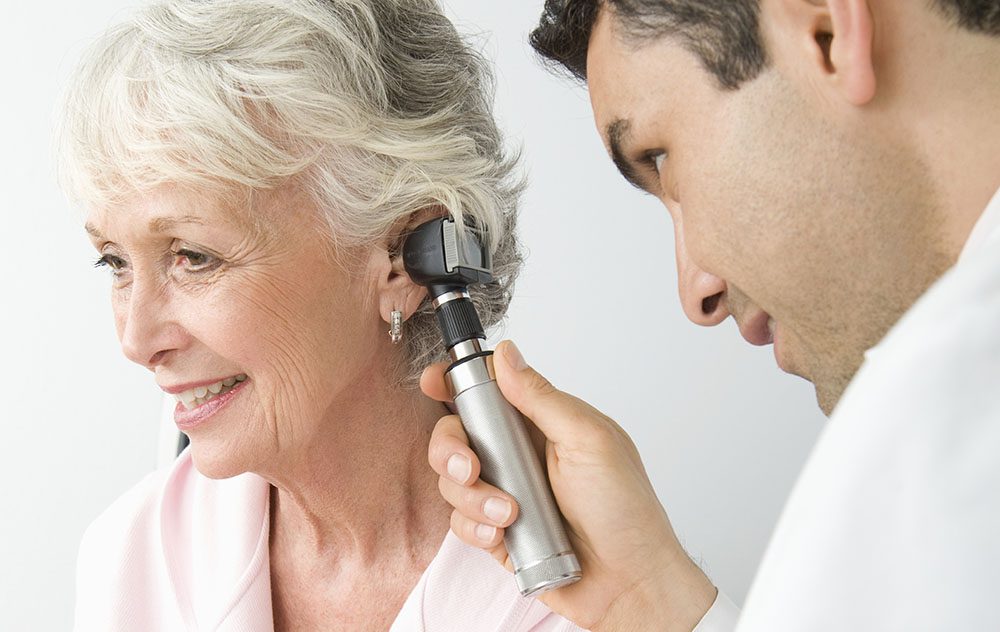Hearing loss is a common condition that affects millions of people worldwide. But at what age does this issue typically start to arise? Let's delve into the expert analysis to understand when hearing loss tends to begin based on age.
Infancy and Early Childhood
While hearing loss can occur at any age, it is relatively rare in infants and young children. However, congenital hearing loss, present at birth, can impact a small percentage of newborns. Regular hearing screenings are essential during infancy to detect any potential issues early on.
Adolescence and Young Adulthood
During adolescence and young adulthood, hearing loss is not as prevalent as in older age groups. However, exposure to loud noises, such as concerts or headphones at high volumes, can contribute to early onset hearing damage. It is crucial for young individuals to protect their hearing to prevent future issues.
Middle Age
As individuals enter their middle age years, typically around 45-65, the likelihood of experiencing hearing loss increases. Age-related hearing loss, known as presbycusis, is a common occurrence during this stage of life. It is essential to monitor hearing health and seek professional help if any changes are noticed.
Older Adults
By the time individuals reach older adulthood, around 65 and older, hearing loss is even more prevalent. The natural aging process, combined with a lifetime of noise exposure, can significantly impact hearing abilities. Regular hearing tests and the use of hearing aids can help manage age-related hearing loss effectively.
Understanding when hearing loss typically starts according to age can help individuals take proactive steps to protect their hearing health. Whether it's through regular screenings, noise protection, or seeking treatment when needed, being aware of the potential onset of hearing loss can make a significant difference in maintaining overall well-being.
